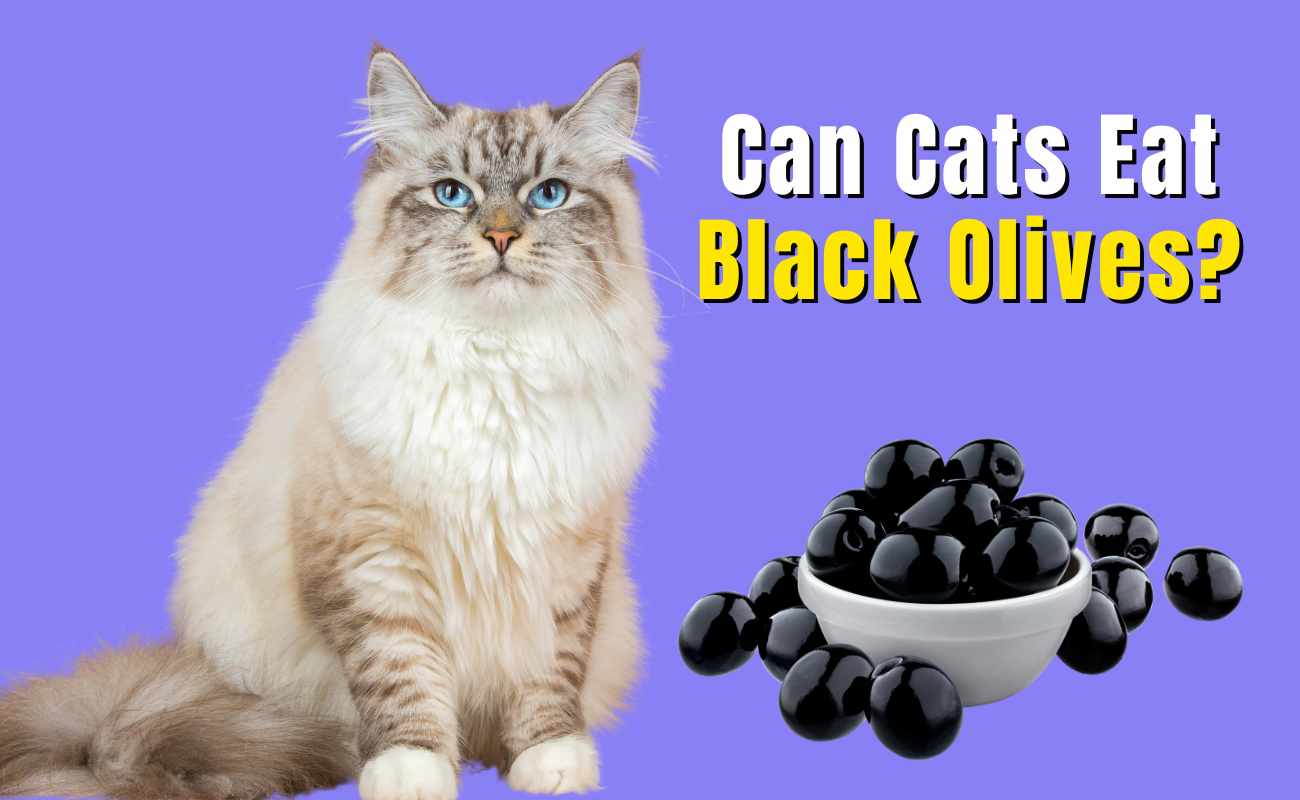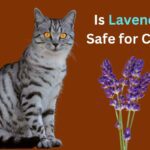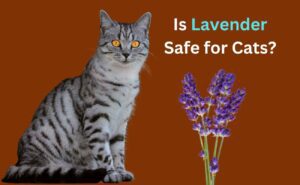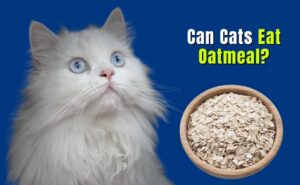As cat owners, we often wonder if we can share our favorite snacks with our furry friends. One common question is whether black olives are safe for cats. After all, olives are a staple in many human diets, but are they a good choice for your pet? In this article, we will explore whether black olives are safe for cats, their nutritional value, potential risks, and what alternatives might be better for your feline companion.
Are Black Olives Safe for Cats?
Black olives are not considered toxic to cats. This means that if your cat sneaks a bite of a black olive, it’s unlikely to cause serious harm. However, just because something isn’t toxic doesn’t mean it’s the best choice for your pet. While a small amount of black olive is not likely to be dangerous, it is important to understand that these foods are not specially designed for cats and can cause some issues.
In general, it’s a good idea to be cautious about what you feed your cat. Cats have very different nutritional needs compared to humans. Their digestive systems are not designed to process many of the foods we eat, including olives. Therefore, while black olives are not poisonous, they should only be offered in small amounts, if at all.
Nutritional Value of Black Olives
Black olives are rich in a variety of nutrients. They contain healthy fats, fiber, vitamins, and minerals. These nutrients can be beneficial for humans, but they don’t provide much value to cats.
- Healthy Fats: Olives contain healthy fats that can be good for human hearts. For cats, however, these fats can be hard to digest and may lead to gastrointestinal issues.
- Fiber: The fiber in olives is good for human digestion, but cats don’t need much fiber in their diet. Their bodies are designed to get their nutrients from meat, not plants.
- Vitamins and Minerals: While olives contain vitamins and minerals like vitamin E and iron, cats get their vitamins and minerals from their specially formulated cat food.
Overall, the nutritional value of black olives doesn’t translate into significant benefits for cats. Their bodies are designed to thrive on meat-based diets, and they don’t need the extra nutrients from olives.
Here’s a simple table outlining the nutritional value of black olives, specifically focusing on their key components:
| Nutrient | Amount per 100g | Description |
|---|---|---|
| Calories | 115 kcal | Provides energy, but not a significant source of calories for cats. |
| Fat | 10.7 g | Includes healthy fats, but cats have different fat requirements. |
| Saturated Fat | 1.4 g | Small amount of saturated fat; too much can be unhealthy for cats. |
| Fiber | 3.2 g | Cats don’t need much fiber; excess can lead to digestive issues. |
| Sodium | 735 mg | High sodium content can be harmful to cats, causing potential health issues. |
| Vitamin E | 1.8 mg | Beneficial for humans, but cats get their vitamins from specially formulated food. |
| Iron | 3.3 mg | Iron is important, but cats typically get enough from their diet. |
This table provides a quick overview of what’s in black olives and how it might affect cats.
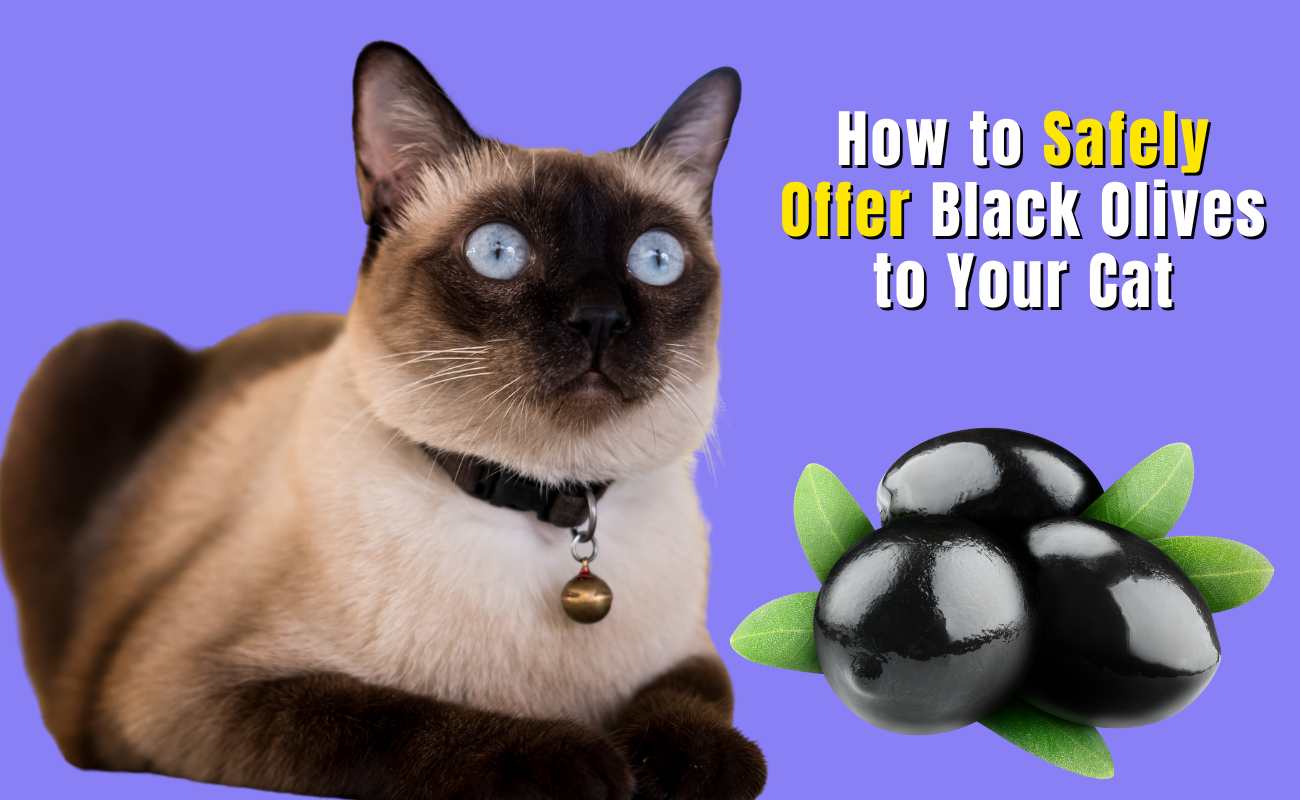
How to Safely Offer Black Olives to Your Cat
If you decide to let your cat try black olives, there are a few important things to consider:
- Remove the Pit: Always make sure the olive is pit-free. Even without the pit, olives can be a choking hazard.
- Cut into Small Pieces: Chop the olive into small, manageable pieces to reduce the risk of choking and to make it easier for your cat to digest.
- Offer in Moderation: Even if you prepare the olive correctly, only offer it in very small amounts. A small piece as an occasional treat is enough. Remember that cats should primarily eat their regular cat food, which is balanced to meet their nutritional needs.
Conclusion
In conclusion, while black olives are not toxic to cats, they are not an ideal treat for your furry friend. The potential risks, including high sodium content and the risk of gastrointestinal upset, outweigh any benefits that olives might offer. It’s always best to stick with foods that are specifically designed for cats or other treats that are safe and nutritious for them.
If you’re ever unsure about introducing new foods to your cat’s diet, consult with your veterinarian. They can provide personalized advice based on your cat’s health and dietary needs. Keeping your cat’s diet balanced and appropriate for their species is the best way to ensure they remain healthy and happy.

